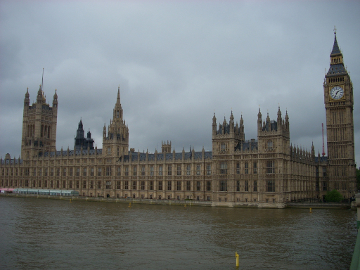Was £26bn IT savings claim sexed up?

Spending watchdog demands probe into claims billions were axed from public spending
Claims that £26.5bn has been slashed from public spending under the Gershon programme to cut Whitehall costs have been called into doubt by a parliamentary report.
The Gershon Review into government efficiency, published in 2003, identified IT as an area where "major efficiencies" could be achieved, recommending that departments should procure joint IT systems and services.
It inspired a subsequent cost cutting drive across government, overseen by the Treasury, which last year claimed to have saved £26.5bn as a result.
The figure's accuracy was called into question by the Treasury Committee, a group of MPs examine the working of the Treasury, in a report published yesterday.
The Treasury Committee's report calls for the government's spending watchdog, the National Audit Office, to examine how the savings were calculated to make sure they are an accurate reflection of the amount of money saved.
The Treasury Committee report said: "We believe it is important to check that efficiencies have actually been achieved.
"At a time when the public sector will be pressed to make further efficiencies, it is vital that any savings made are properly recognised and quantified."
The committee says that an earlier report by the NAO in 2006 found that the Treasury had overestimated the savings made under the Gershon programme, with the Treasury reporting a £13.3bn saving compared to actual savings of only £3.5bn.
The Treasury Committee report said: "The NAO described half of the reported gains as being measured with error, as almost a quarter of the efficiencies were assessed to be 'substantially incorrect' or yet to have occurred."

Photo credit: Cruccone via Flickr under the following Creative Commons licence.
The committee report also says the government has repeatedly failed to properly measure spending and performance before launching efficiency programmes, making it difficult to verify reported savings.
"If government does not evaluate the costs and savings of major efficiency programmes, then it is unclear whether such programmes represent real value for money," it says.
The report comes against a backdrop of widespread cost-cutting at Whitehall, with predictions that £50bn will need to be slashed from the annual public services bill by 2020, and the recent announcement of the Operational Efficiency Programme (OEP) to save £7.2bn from the annual IT and back office costs.
The report also raises concerns over the OEP, saying: "We are concerned that these efficiencies will require considerable co-operation between departments to yield the full savings identified in the review. We question whether the necessary structures are in place to facilitate such co-operation."